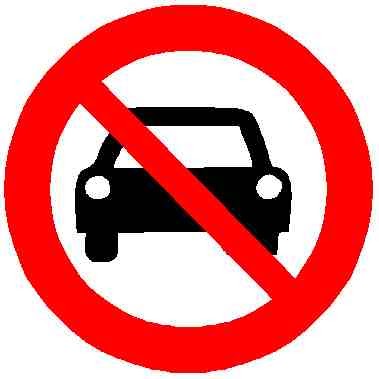

Obligatory: I am not a doctor, I don’t know your life.
Jumping off the other comment suggesting a low-fodmap diet, do you have other health problems? What sounds like an extremely unbalanced diet (possibility in combination with a round of antibiotics or an episode of food poisoning) may have resulted in a condition called SIBO (small intestine bacterial overgrowth), specifically an overgrowth of methane-producing bacteria. I’d recommend getting tested.














I run outdoors year-round in weather down to 20°F in a climate with high humidity. Above 40°F I wear old beat-up tshirts, a thick hoodie, and leggings-style running pants. Below 40°F I replace the T-shirt with an REI house-brand light- or mid-weight base layer, and I toss a pair of cotton exercise pants over the running pants (I bought those years ago for less than $15) and wear a cheap woven hat and my junkiest gloves. If it’s raining I’ll replace the heavy hoodie with a water-repellant windbreaker + light weight hoodie.
In other words my running wardrobe is comprised almost entirely of my oldest, most beat-up clothes, most of which were originally just cotton or other cheap non-technical materials purchased years ago at a fast-fashion store at the mall or used from a sporting goods store. I do invest in decent socks (I highly recommend darn tough for their durability), but unless you’re braving truly cold temps, very long workouts, or cannot return indoors shortly after working out,* you really don’t need anything fancy for year-round exercise. For what it’s worth I’m also a woman and I get cold very easily.
*The main problem with cotton is that it will not keep you warm when wet, so if you like to take a long cool down walk or hang out on a park bench for thirty minutes post-workout you should go with wool or synthetic material so you don’t freeze in your sweat-soaked clothes. But as long as you’re returning to a warm indoor space before your exercise warmth dissipates, this shouldn’t be an issue.